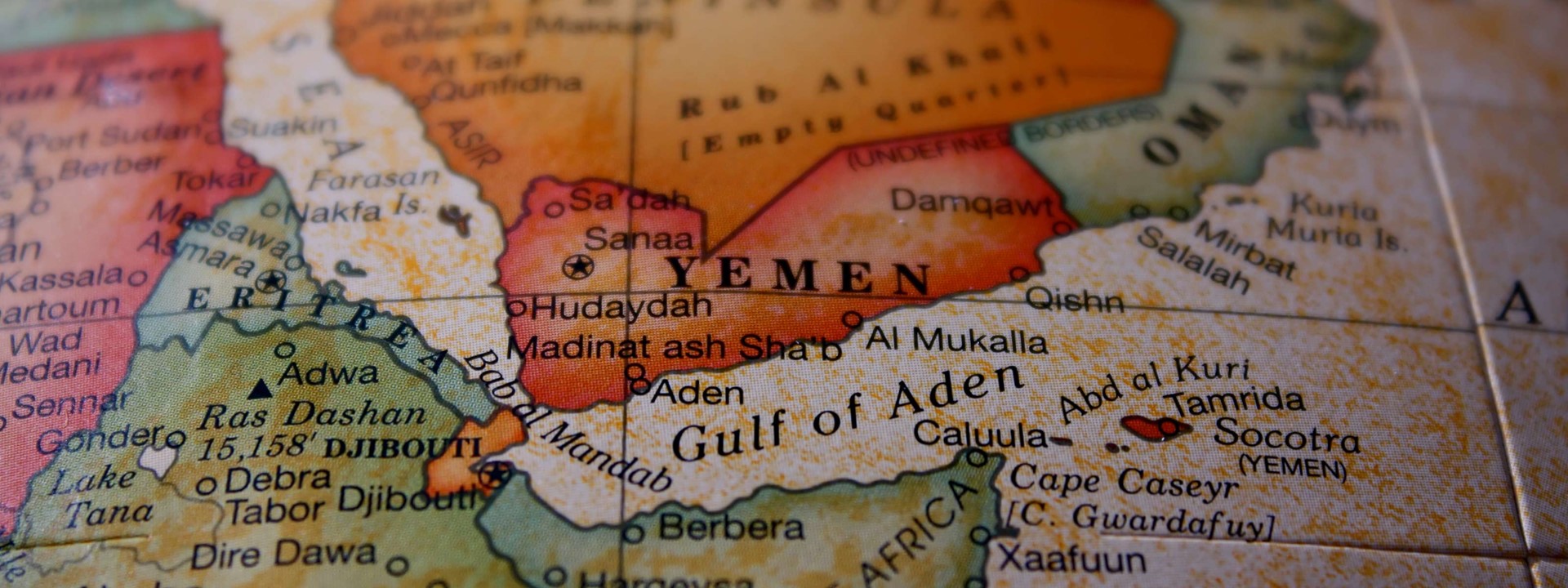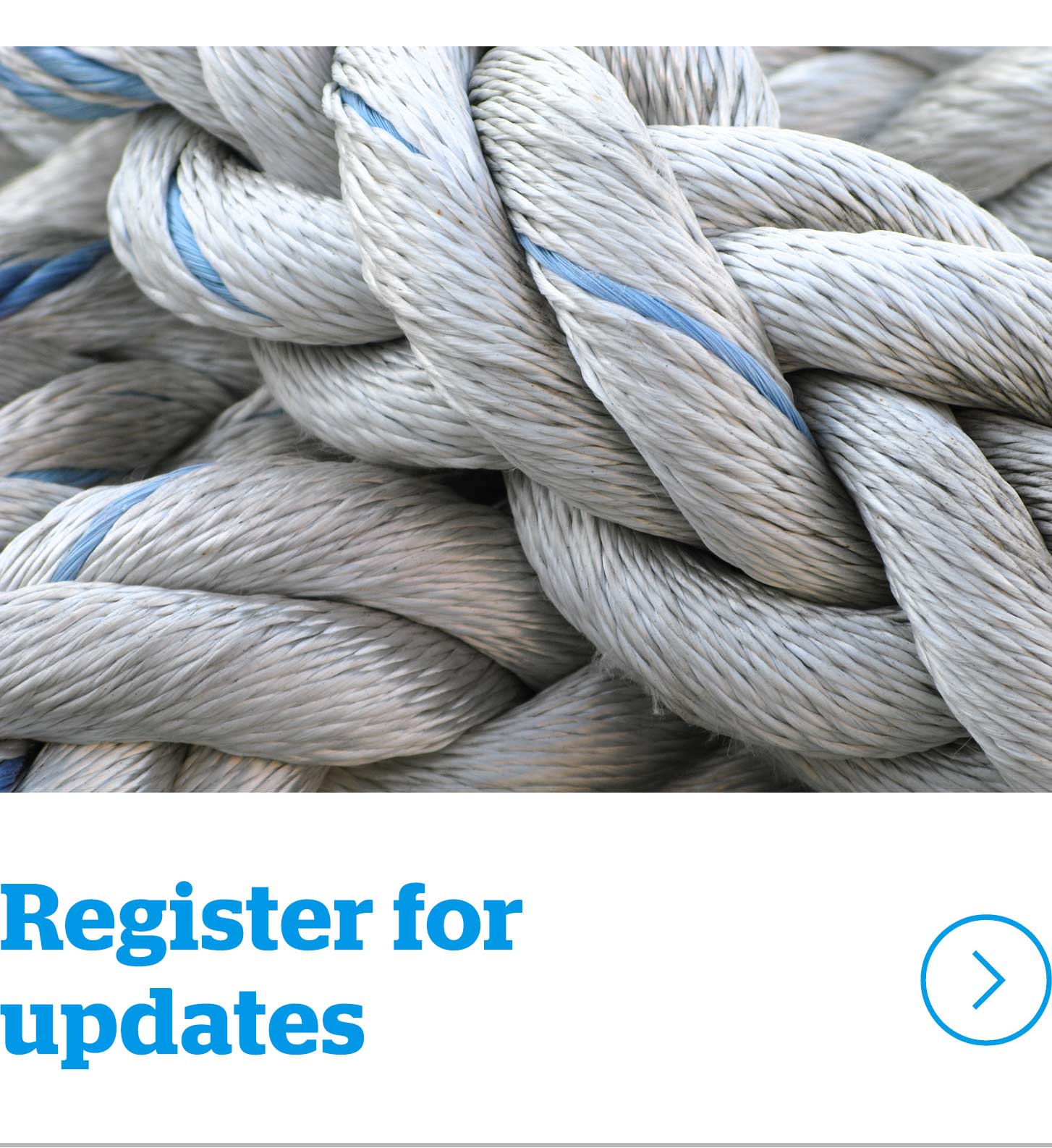Assureds are reminded of the dangerous and continually changing situation in Yemen and their attention is drawn to recent developments in and around the port of Hodeidah
Assureds are reminded of the dangerous and continually changing situation in Yemen and their attention is drawn to recent developments in and around the port of Hodeidah. The situation in Yemen generally is predicted to deteriorate in the foreseeable future.
The Conflict
Fighting is ongoing in Yemen and its surrounding territorial waters between forces loyal to the ousted President Abdrabbuh Mansour Hadi, and opposing Houthi rebels. A Saudi-led international coalition is also playing a key part in the fight against the Houthi.
Recent Developments
Assureds should note that the level of violence affecting the Western coast of Yemen, including the Houthi-held Port of Hodeidah, has increased since the start of the year.
Pro-government forces captured the strategically important coastal city of Al-Mokha at the beginning of February and Houthi forces recently launched an attack on a Saudi military vessel off Hodeidah (a repeat of similar attacks which took place in October of 2016). These events, putting greater coalition military pressure on the Western coast of Yemen, have culminated in a series of air strikes on Hodeidah.
At present, the port at Hodeidah remains open for commercial trade, subject to vessels meeting the requirements outlined below. However assureds should be aware that the Yemeni Minister for Transport has indicated that preparations are underway to divert sea traffic to the port of Aden should Hodeidah need to be shut down.
Advice to Assureds
Assureds are encouraged to keep continually abreast of the situation in Yemen and in particular the port of Hodeidah, as it is liable to change quickly and unpredictably. This is best achieved by consulting with local agents and other knowledgeable contacts such as maritime authorities wherever possible, and also through directing queries to assureds’ usual British Marine contacts. Any risk assessment which is carried out must be done on the basis of up-to-date reliable information.
Assureds should note that the current situation in Yemen is likely to create exposure to issues of port safety in the context of the vessel’s employment and charter arrangements:
Charterers warranting that ports or berths are safe (or that they have exercised due diligence in this regard) are likely to be liable to owners if the vessel is damaged or delayed by reason of the current political situation in Yemen.
Owners should give due consideration to the practical and legal issues likely to arise by allowing their vessels to call at Yemeni ports. There is a risk to crew and vessels due to the military conflict in Yemen. Owners who are ordered by their charterers to call at ports in Yemen should give due consideration to refuse to follow such orders and requiring charterers to instead nominate an alternative safe port. Depending on charterparty terms, failure to do so may compromise owner’s position or constitute a waiver of owner’s rights in this respect. Such issues can lead to disputes and should be addressed on a case-by-case basis in consultation with British Marine or the assured’s legal advisors.
Assureds should pay particular attention to the War Risk Clauses and War Cancellation Clauses in their charterparty.
On a practical level, where Assureds are calling at ports in the region they will have to obtain various permissions in order to secure entry to Yemeni ports and territorial waters, as has been the case for some time. They should check current requirements locally as this could be subject to change.
Update on present status of ports in Yemen
We are informed by our correspondents that the following ports are operating in the usual manner:
- Hodeidah
- Saleef
- Aden
- Mukalla
- Ras Isa
- Ash Shihr (This is a stand alone terminal. Tankers must follow local Terminal Rules and Regulations)
All vessels calling at Hodeidah, Ras Isr and Saleef must obtain an entry permit from UN Verifications and Inspections Mechanism (UNVIM).
Note that Balhaf port is not operational.
Vessels must remain in contact with the relevant agent prior to and after arrival at the port. Similarly the Master should maintain close contact with Port Control. Vigilance should be maintained by the Master and crew while at anchorage or at the berth, and anything suspicious should be reported to Port Control, i.e. any suspicious vessel that may be approaching the ship.
As advised in our previous notice in 2016, claims arising in Yemen tend to be generally inflated and if problems do arise, our assureds should expect that delays will occur which are beyond our control. It remains extremely difficult to place security in the area, and the only solution is to negotiate a cash settlement. Negotiations are likely to be lengthy in view of the volatility of the area.


